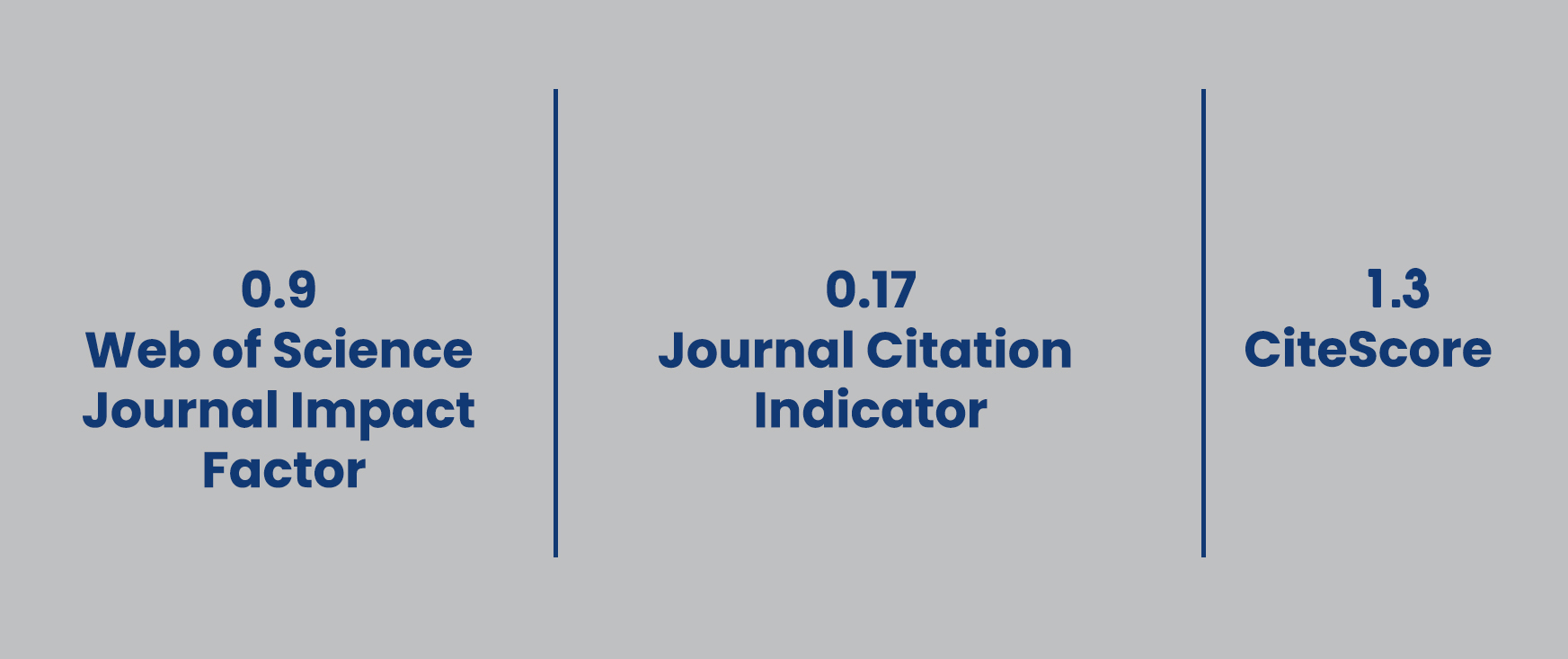

JEMS apply the Creative Commons Attribution NonCommercial 4.0 International Licence to all manuscripts to be published
Effects of Exhaust Backpressure Increment on the Performance and Exhaust Emissions of a Single Cylinder Diesel Engine
Yiğit Gülmez1, Güner Özmen21Dokuz Eylül University, Graduate School of Natural and Applied Sciences, Department of Marine Transportation Systems Engineering, İzmir, Turkey; İskenderun Technical University, Barbaros Hayrettin Naval Architecture and Maritime Faculty, Hatay, Turkey2Dokuz Eylül University, Maritime Faculty, Department of Marine Engineering, İzmir, Turkey
Exhaust gas aftertreatment systems and exhaust gas waste heat recovery systems are main solutions to decrease the environmental impact and increase the efficiency of diesel engines. However, any system installed on the exhaust pipe of diesel engines is a source of exhaust backpressure. Moreover, increasing the exhaust backpressure has negative effects on the performance and environmental impact of diesel engines. The study aims to investigate the negative impacts of exhaust backpressure increment on performance indicators, fuel consumption and exhaust emissions of a diesel engine. The experimental study was performed on a test bench comprising a single cylinder diesel engine, a dynamometer and various measurement equipment. The backpressure was increased by adding various sized orifices on the exhaust pipe of the test engine and the test engine was run under six different engine loads at an engine speed of 1600 rpm. Subsequently, the impacts of backpressure increment on the brake specific fuel consumption (BSFC), brake thermal efficiency, volumetric efficiency, mean effective pressures, mechanical efficiency, and exhaust emissions were determined. The study results showed that backpressure increment causes retarding of combustion phases up to a crank angle of 4°, decrease in the indicated mean effective pressure, and decrease in the peak cylinder pressure from 78.36 to 70.7 bar at the maximum available engine load. From fuel consumption perspective, backpressure increment caused an increase in the BSFC approximately up to 3.29% at 24.66 kPa backpressure. On the other hand, the results showed that increasing the backpressure caused a significant increment in the pumping mean effective pressure and a remarkable decrease in the volumetric efficiency. The findings of this study have significant implications for evaluating the negative impacts of any system installed on the exhaust pipe of a diesel engine.
Keywords: Exhaust backpressure, Cylinder pressure, Engine performance parameters, Exhaust emissions, Four-stroke diesel engineManuscript Language: English
(3616 downloaded)










